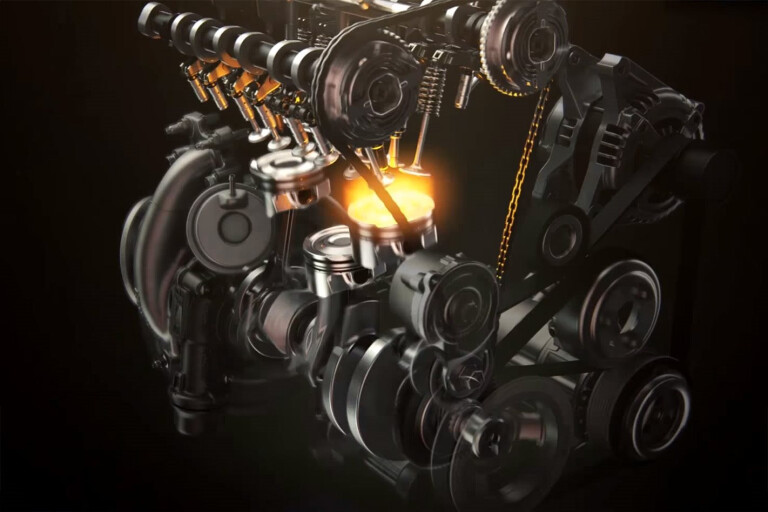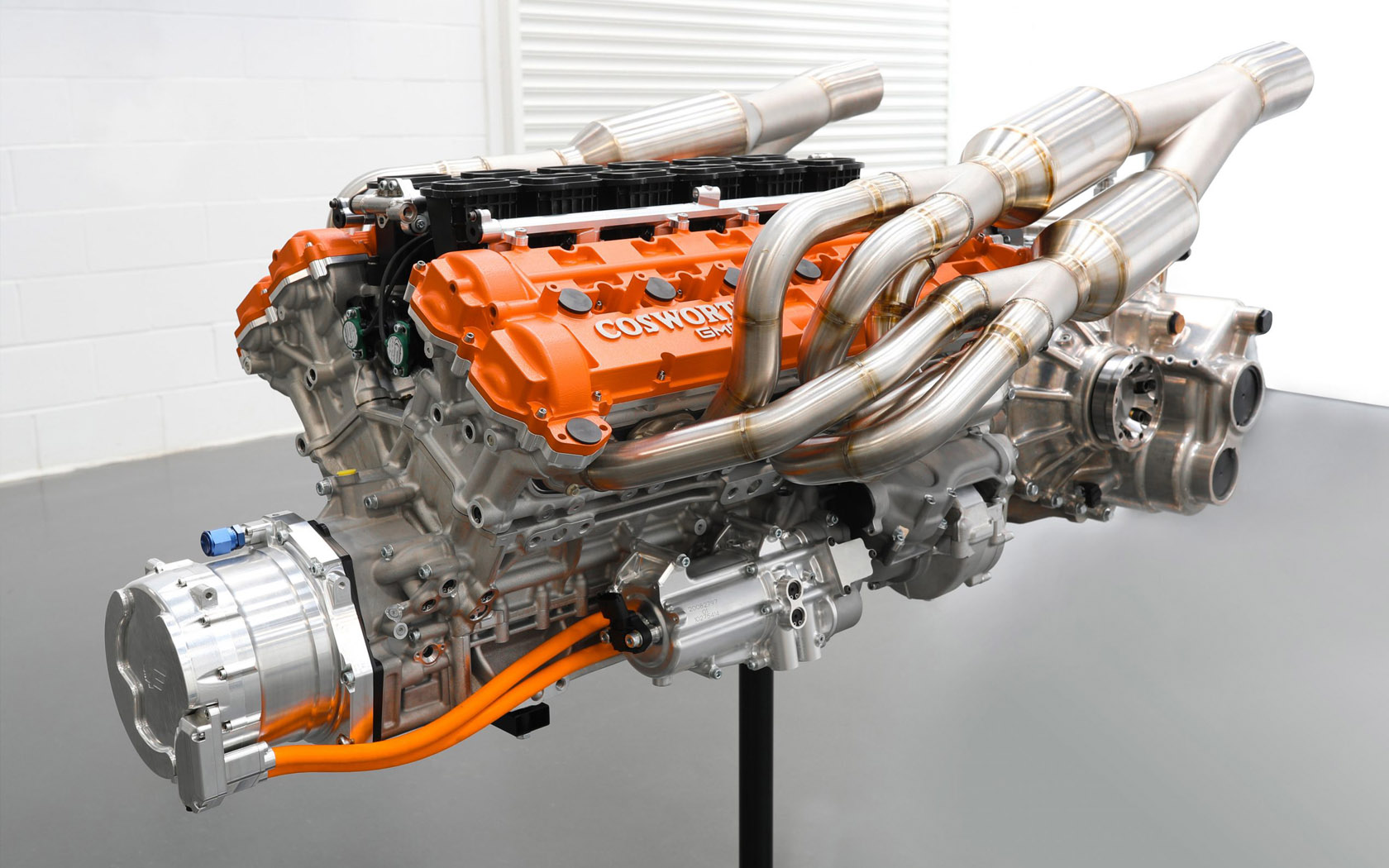Discover Top-Quality Engines for Africa at Our Dependable Automobile Components Shop
Discover Top-Quality Engines for Africa at Our Dependable Automobile Components Shop
Blog Article
The Pursuit for Ultimate Driving Power: Checking Out the Pinnacle of Engine Efficiency and Technological Advancements in the Automotive Sector
In the world of automotive engineering, the quest of maximum driving power has actually been a ruthless mission that has actually unravelled with the development of engine style and the assimilation of advanced technologies. From the meticulous workmanship of burning engines to the rapid improvements in electrical propulsion systems, the automotive industry stands at the cusp of a brand-new period characterized by extraordinary performance abilities. As designers and researchers dive much deeper right into the worlds of computational fluid characteristics and discover innovative fuel innovations, the perspective of opportunities expands tremendously. Keep tuned as we decipher the complex tapestry of technical advancements that are forming the future of auto power and efficiency.
Development of Engine Style

Furthermore, the integration of turbocharging and turbo charging technologies has actually reinvented engine style by improving power without considerably increasing engine dimension. These forced induction systems compress the intake air, permitting more fuel to be ignited, thereby producing higher power result from a smaller engine. This innovation has been especially crucial in improving the efficiency of smaller variation engines while maintaining gas performance requirements.

Performance-Enhancing Fuel Technologies
The implementation of sophisticated gas modern technologies has dramatically contributed to boosting engine performance in modern cars. From traditional gas and diesel to innovative biofuels, synthetic fuels, and hydrogen, the automobile field is witnessing a change in fuel options. Biofuels, derived from eco-friendly resources like sugarcane, algae, or corn, offer decreased emissions and boosted engine performance. Artificial fuels, produced through chemical processes, provide high octane rankings, boosting power result. Hydrogen fuel cells, although still in the early stages of fostering, reveal terrific pledge as a result of their zero-emission nature and potential for high performance. Furthermore, gas ingredients and detergents are being formulated to clean engine elements, optimize combustion, and lower friction, therefore enhancing general vehicle efficiency. With ongoing study and advancement, the pursuit for the supreme driving power continues, as designers strive to open the complete potential of performance-enhancing fuel technologies in the vehicle industry.
Innovations in Electric Propulsion
Considerable strides in electrical propulsion innovation have actually revolutionized the automobile sector, paving the means for a new age of lasting and effective transportation. Electric automobiles (EVs) are gaining popularity as a result of their environmental benefits and advancements in battery innovation, enabling longer driving varieties and shorter billing times. Makers are spending greatly in research study and advancement to enhance the performance of electrical propulsion systems, concentrating on increasing power output, enhancing power performance, and lowering overall weight.
One notable advancement in electrical propulsion is the growth of innovative electrical motors that deliver higher torque and power density, leading to boosted velocity and general driving performance. In addition, regenerative stopping systems have been refined to keep and capture power during deceleration, more improving the effectiveness of EVs.
Additionally, the assimilation of wise technologies, such as expert system and anticipating analytics, is enhancing the management of electrical propulsion systems, making sure optimal efficiency under various driving problems. These improvements in electric propulsion are improving the automotive landscape, driving the sector towards an extra lasting and electrified future.
Influence of Computational Liquid Dynamics
With innovations in electrical propulsion pressing the boundaries of auto modern technology, the combination of Computational Fluid Characteristics is playing a pivotal duty in maximizing aerodynamic efficiency and improving overall efficiency in vehicle layout. Computational Fluid Characteristics (CFD) includes using computer simulations to examine the flow of air around a car, making it possible for engineers to forecast how layout adjustments will affect the rules of aerodynamics without the demand for costly physical prototypes. By properly modeling airflow patterns, CFD permits for the improvement of lorry shapes to decrease drag, enhance air conditioning, and boost stability.
One secret advantage of utilizing CFD in automobile layout is the ability to iterate swiftly, exploring many design variants to recognize the most aerodynamically effective remedies. This repetitive process causes lorries that are not just sleeker and much more visually attractive yet additionally extra fuel-efficient and eco-friendly. CFD allows engineers to optimize airflow around components such as radiators, engine bays, and wheel wells, contributing to improved efficiency and general driving experience. To conclude, the assimilation of Computational Liquid Dynamics represents a considerable action ahead in the mission for best driving power and efficiency in the vehicle industry.
Future Fads in Engine Innovation
In the vibrant landscape of automotive engineering, cutting-edge innovations are forming the future trajectory of engine technology. The future of engine design is noted by a solid emphasis on sustainability, efficiency, and performance. Producers published here are significantly concentrating on establishing engines that not just deliver high power outputs but additionally focus on environmental responsibility by lowering discharges and boosting fuel efficiency.
One noticeable trend in engine development is the rise of electrification. Crossbreed and electric powertrains are getting traction as feasible options to typical combustion engines. These modern technologies use the potential for substantial decreases in carbon emissions and enhanced power effectiveness, lining up with global initiatives to battle climate adjustment.
In advice addition, innovations in products science and manufacturing methods are allowing the production of lighter and much more sturdy engine components. This shift in the direction of light-weight products such as carbon fiber and aluminum alloys adds to improved efficiency and fuel economy.
Conclusion
In verdict, the quest of utmost driving power in the automobile sector remains to drive advancements in engine layout, fuel innovations, electric propulsion, and computational liquid characteristics. The evolution of these technologies is shaping the future of engine development, leading the way for a lot more reliable and powerful vehicles (engines for africa). As the industry remains to press the boundaries of what is possible, we can anticipate to see also much more groundbreaking advancements in the quest for peak performance
One of the crucial milestones in engine style advancement is the transition from traditional carbureted engines to contemporary fuel-injected systems. By precisely metering the gas shipment to each cyndrical tube, fuel-injected engines enhance burning, resulting in much better efficiency and decreased ecological effect.
Moreover, the combination of turbocharging and turbo charging modern technologies has actually changed engine layout by enhancing power without dramatically go to my site raising engine dimension (engines for africa).The implementation of innovative fuel technologies has actually substantially added to improving engine performance in modern automobiles. Additionally, fuel ingredients and detergents are being created to clean engine elements, maximize burning, and decrease rubbing, therefore improving overall automobile performance
Report this page